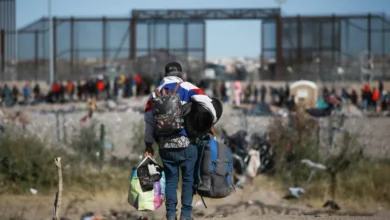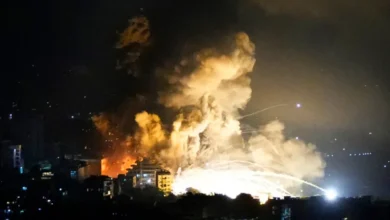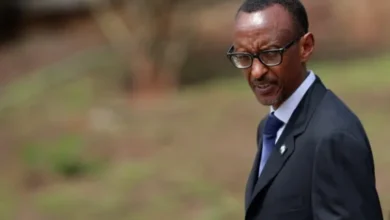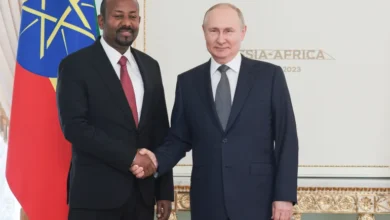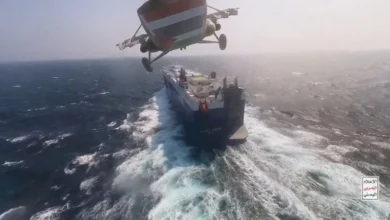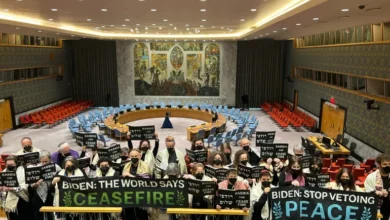Why Europe’s leadership wants war
Santiago Zabala and Claudio Gallo
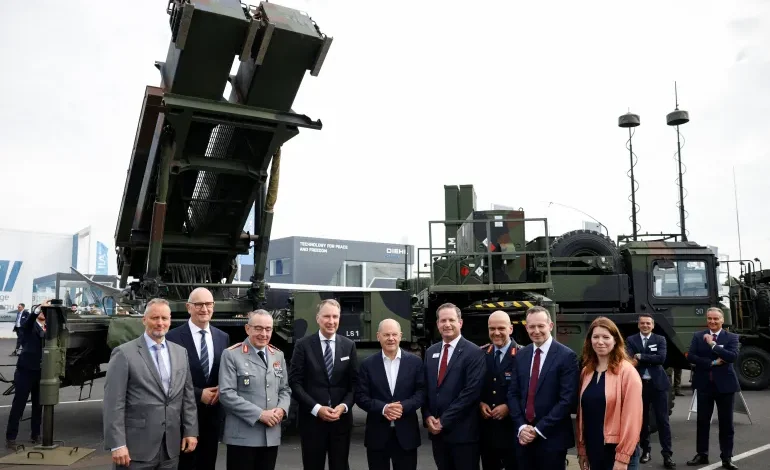
Anxiety and anger about the future of the European Union has been on the rise for some time now. The union has been in the grips of a deepening crisis – or rather multiple deepening crises: a cost-of-living crisis, a housing crisis, a migration crisis, a sluggish growth crisis, and above all, a political crisis. It faces a significant challenge from the far right, which is surging in the polls in many EU countries, threatening to upend the fragile EU cohesion and “liberal values”.
Just a few days ago, the far-right Freedom Party won the Austrian elections with 30 percent of the vote. The far right may still be excluded from the government formation process in Austria, but its other European iterations are in power or propping up a government in 9 out of the 27 EU countries.
On the international front, perhaps the most significant challenge the EU is facing is the continuing war in neighbouring Ukraine, which is showing no sign of abating amid a sustained flow of weapons from Europe and the US. And, of course, there is a long shadow of climate change, which continues to fuel deadly natural disasters.
Unsurprisingly, the response of the EU political leadership to these mounting crises has been not to address their root causes, which all boil down to the destructive neoliberal policies they have happily embraced. Instead, their reaction has been to warmonger, perhaps hoping that the prospect of war can help the people of Europe forget their grievances.
Over the past two years, we have repeatedly heard that the biggest threat to European security is Russia and that the solution to it is to defeat Russia in Ukraine. We have been repeatedly told that the path to peace is escalation.European weapons have been flowing into Ukraine, with EU countries gradually expanding their range to include more deadly, more destructive weapons. Now, the latest has been the insistence by European leaders, including the outgoing EU foreign chief Josep Borrell, that Ukraine be allowed to use long-range missiles to hit targets on Russian territory.
On September 19, the European Parliament passed a non-binding resolution calling for countries supplying missiles to Ukraine to allow it to use them against Russian targets.
Russia has repeatedly warned against such a move. It even recently updated its nuclear doctrine, lowering the threshold for the use of nuclear weapons.
While escalation through weapons supplies to Ukraine continues, Europeans are also being told that their countries need to spend more on arms to get ready if this same escalation they are encouraging gets out of control and the EU finds itself at war with Russia. Andrius Kubilius, the EU’s defence commissioner nominee – a position newly created to address the “Russia threat” – for example, believes the union should become a “war-weapons storehouse” to deter Moscow.
The war economy mantra has also been promoted, as Europeans are pushed to believe that a military build can boost the flailing European economy.

